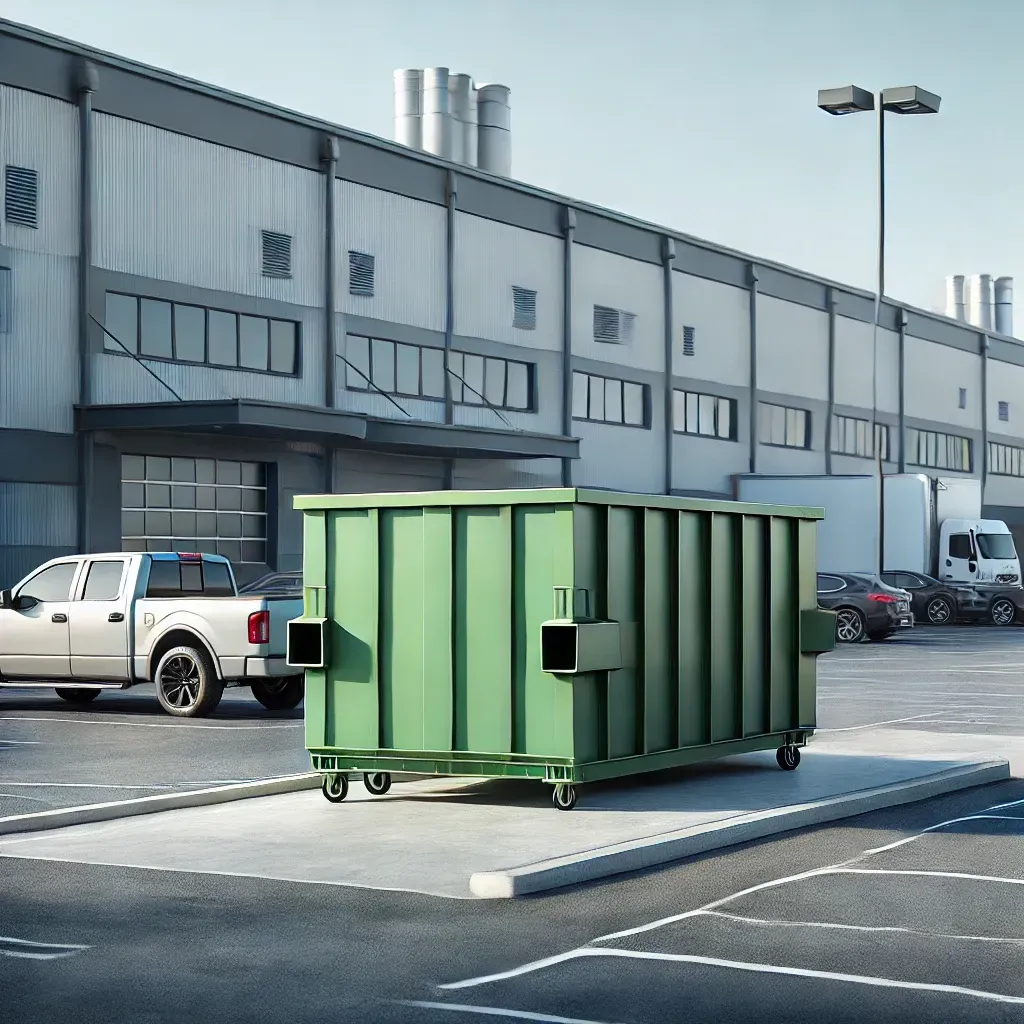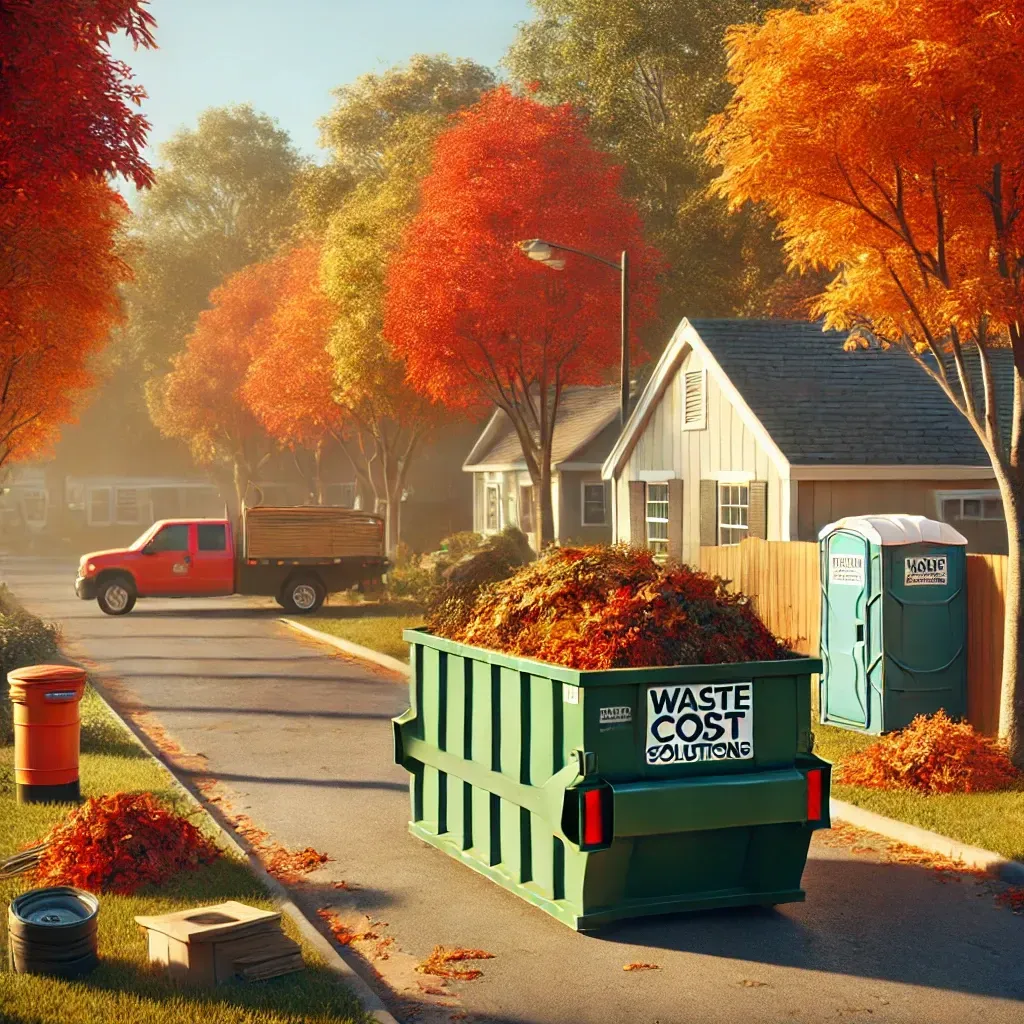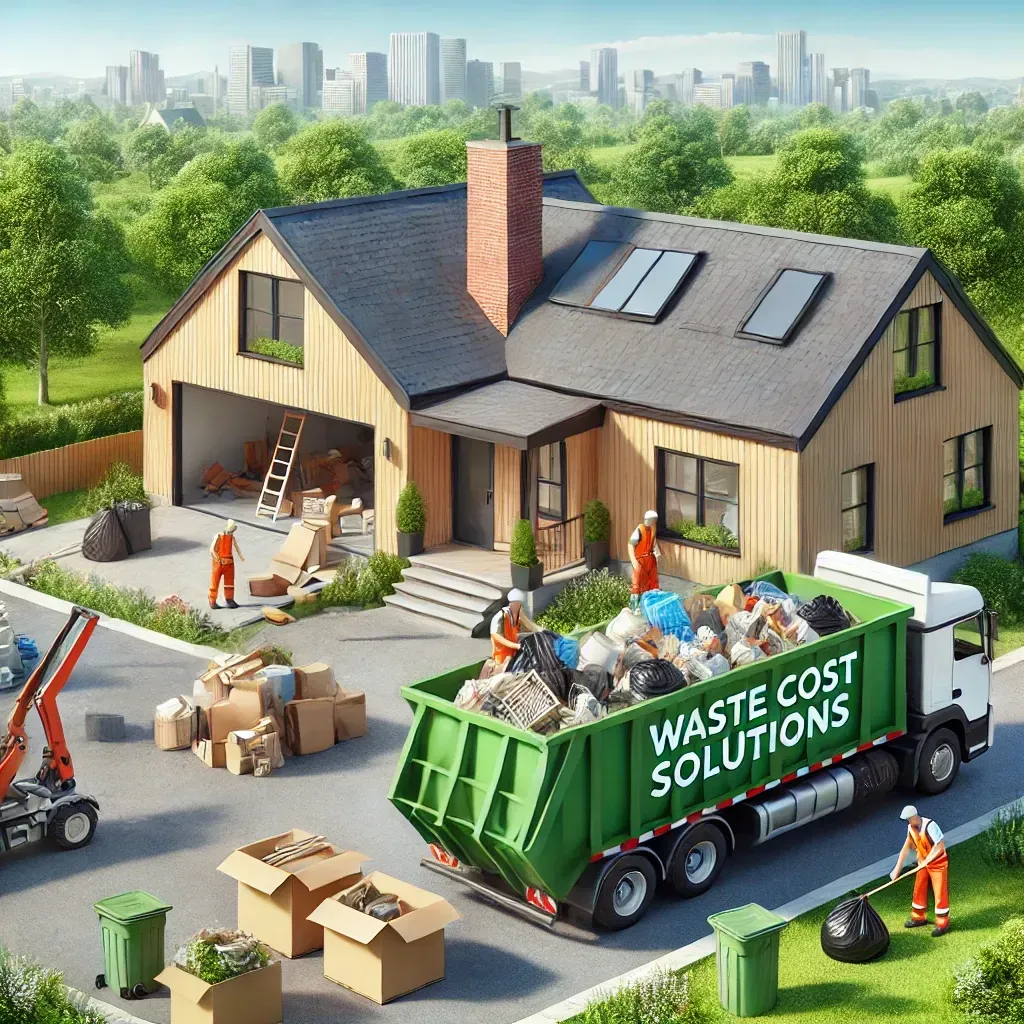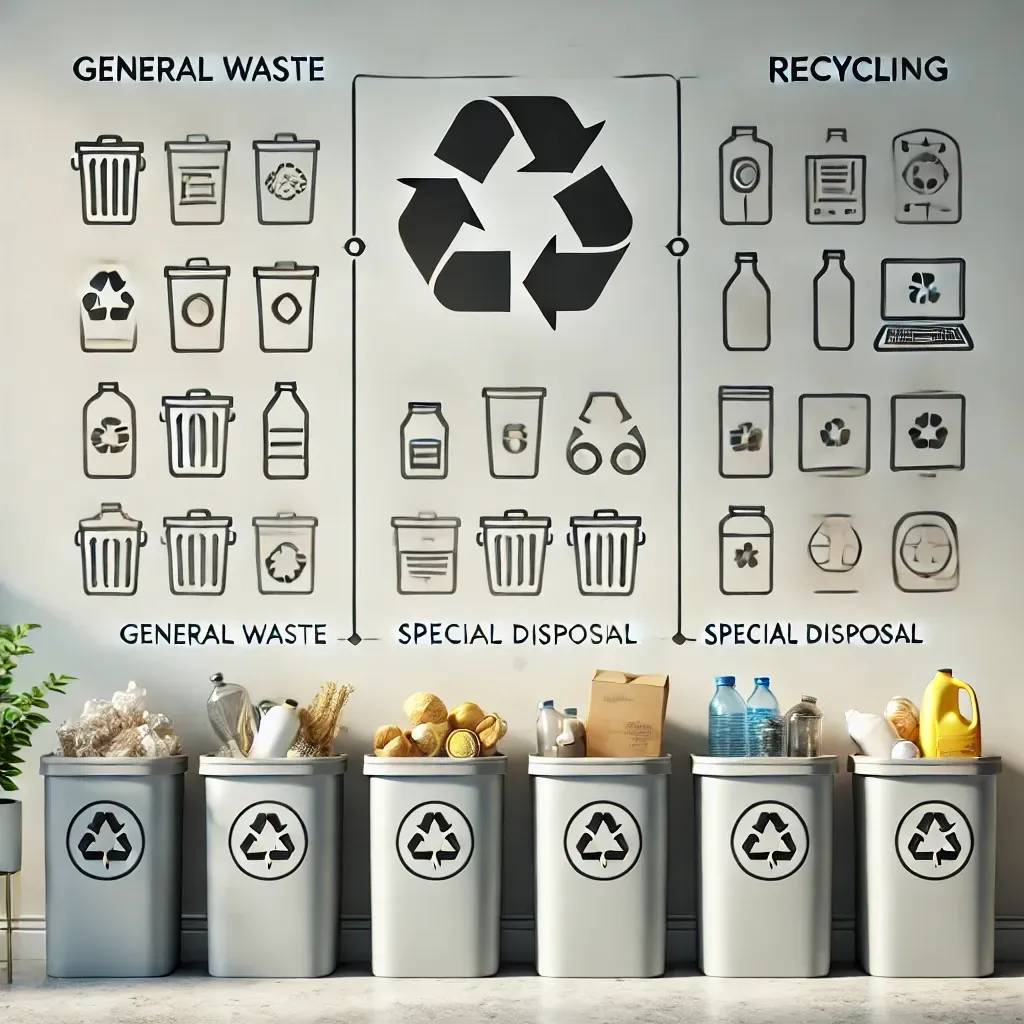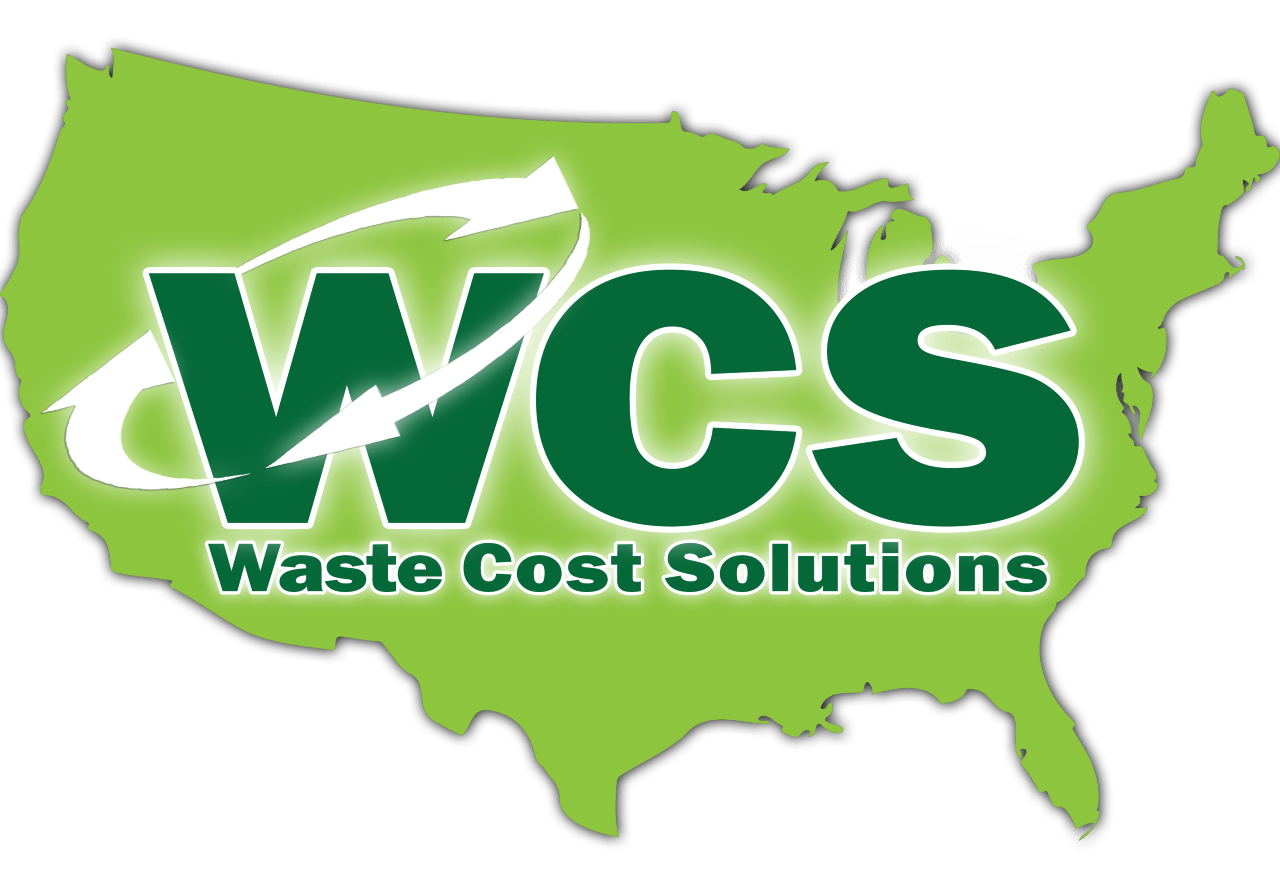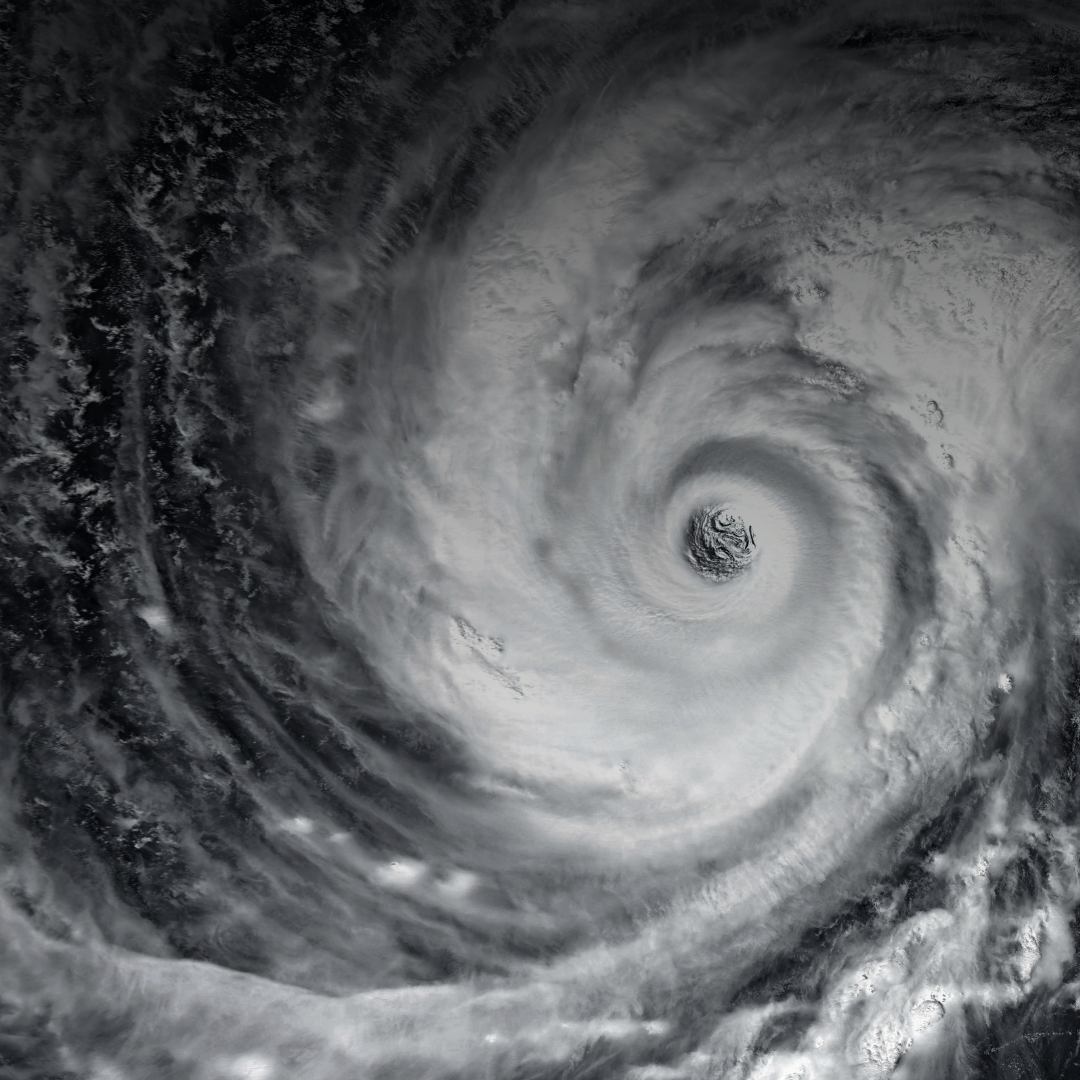Feeling The Burn: As The Demand For Lithium-Ion Battery Products Surge, So Do The Risks Involved With Their Presence In Landfills and Recycling Plants Across The Nation
From Electric Cars To Smart Phones, Household Electronics, Toys, Wireless Headphones & More,
Lithium-Ion Batteries Are The Power Source For Many Popular Products
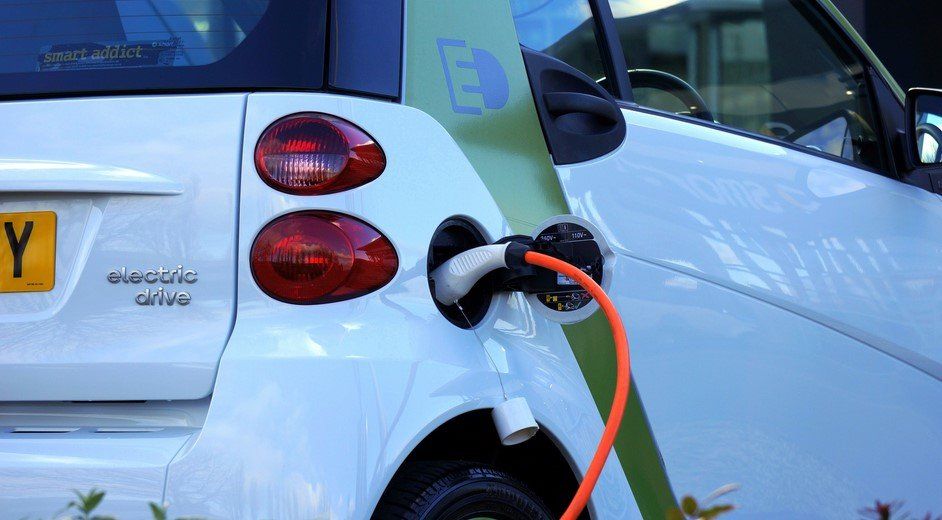
There’s no doubt the demand for Lithium-Ion batteries is growing across the nation and throughout the globe. In addition to being the power source for smart phones, tablets, laptops, toys and numerous electronics around the house, Lithium-Ion batteries are also the power source for just about all electronic vehicles on the road today. With almost every automaker planning to have wide assortment of electronic vehicles on the road in the next decade, the production of Lithium-Ion batteries is increasing rapidly. Not to mention, many commercial truck and van fleets are also taking the electronic route too.
It’s estimated that electronic vehicles, including battery electric and plug-in hybrids made up 7.2% of global auto sales in the just the first half of 2021 alone. The latter figure is up considerably from 4.3% in 2020 and more than triple from 2.6% in 2019. It is also projected that battery power across the globe will increase from 184-gigawatt hours in 2018 to more than 2,600-gigawatt hours by the year 2030. That’s more than a 1300% increase over a 12-year duration and a good portion of this increase will be due to the rise in popularity of electric vehicles.
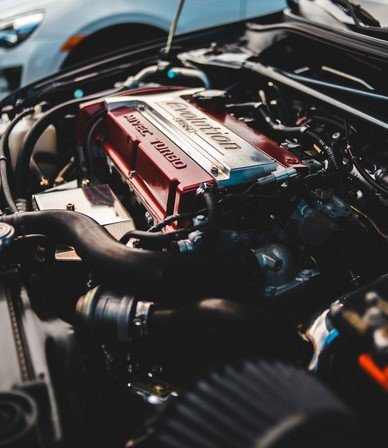
While electric vehicles do promise to create less of a carbon footprint on the environment, the Lithium-Ion batteries used in their production create other issues, namely an increased risk of fire hazards at recycling facilities and landfills throughout the United States and around the globe. After all, Lithium-Ion batteries are extremely sensitive to high temperatures and they are also inherently flammable. Crushed or open Lithium-Ion batteries have been known to cause sudden and massive fire outbursts are at recycling plants and even while being transported in garbage trucks.
Lithium batteries are considered to have a chemistry far different from other batteries because of their higher energy density and voltages. The still can contain a charge in even a dead product and their electrolytes are flammable if they come in contact with air. What’s more, any puncture of a battery could cause damage to the safety separator between the cathode and anode, which generates heat and can cause a fire or explosion.
Due to the risks involving Lithium-Ion batteries and their increased use in vehicles and electronics, environmental experts are now searching for new ways to actively address the alarming issue of how to handle these batteries. Steps to take to prevent fires from happening include improved signage on electronics with Lithium-Ion batteries, deployment of technology, and improved training and education. Electronic items containing these batteries should be clearly labeled not to put them into recycling containers and what to do with them once they are of no use. It’s also suggested that drivers and plant workers be trained to look out for these batteries. It is also suggested to employ Artificial Intelligence to sort Lithium-Ion batteries and electronics containing them at the outset, prior to reaching a recycling center or landfill.
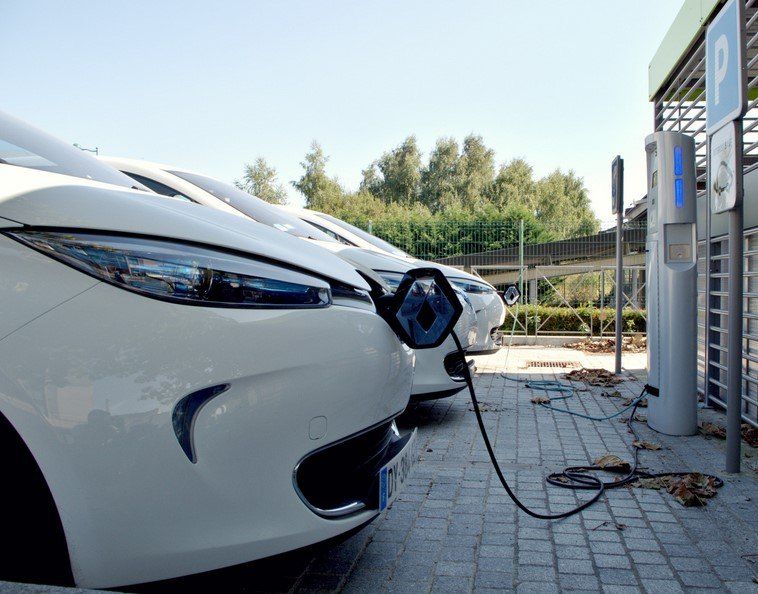
Waste Cost Solutions is committed to informing the community about environmental issues that may inevitably affect us all. As the industry’s waste, recycling, and sustainability leader, Waste Cost Solutions delivers world-class customer support to our thousands of clients nationwide. We earnestly work to resolve any waste, recycling or facilities-related issue your business may have. Our team of specially trained agents are solution specialists who expressly work for you and your business. From overloaded dumpster issues to staying up-to-date with local and state ordinances, Waste Cost Solutions is with you day in and day out.
Whether your establishment requires window replacement, handyman and general repairs, dumpster sanitizing, plumbing, roof repairs, bulk removal request or enclosure repair and replacement, Waste Cost Solutions is here to assist you every step of the way. Contact us today at 800-509-5399 or email us
